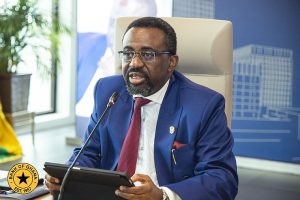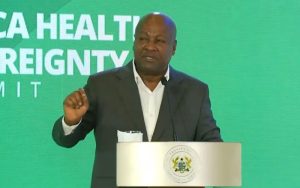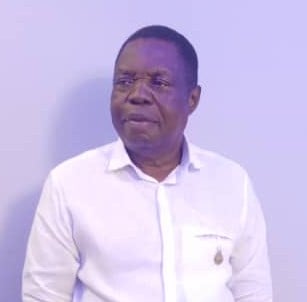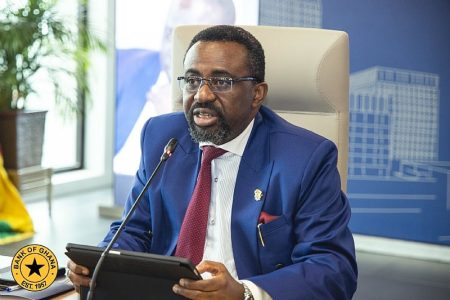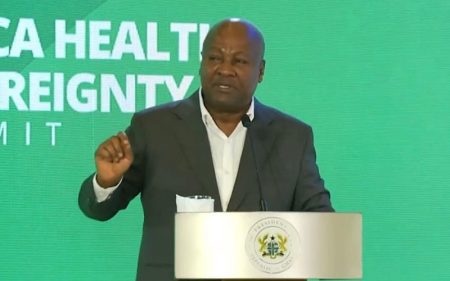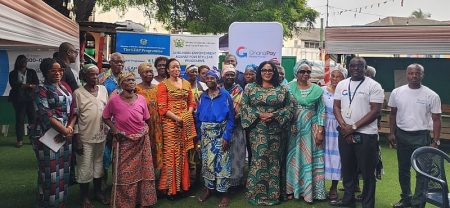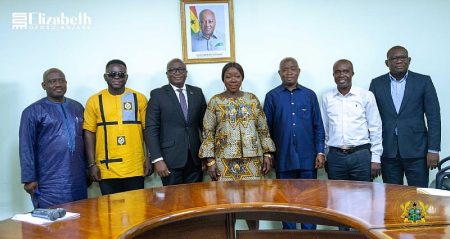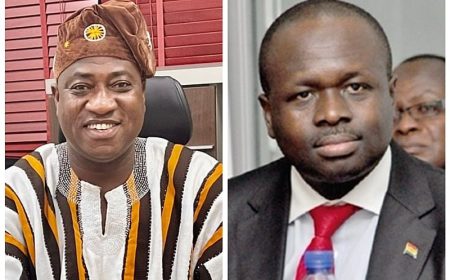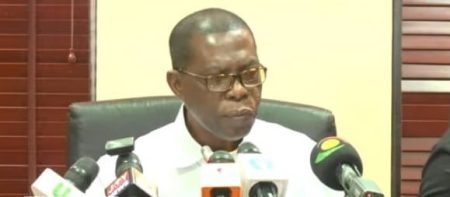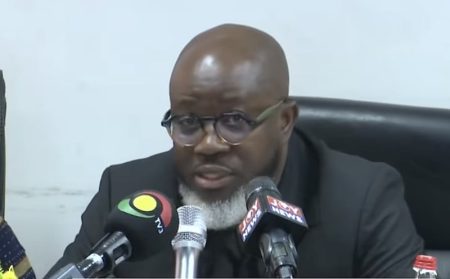The New Patriotic Party (NPP) in Ghana is on the cusp of significant internal restructuring, with calls for reform echoing throughout the party ranks as the national delegates conference approaches. A key figure advocating for change is Mr. Kwasi Adu Gyan, a seasoned party member and former Bono East Regional Minister, who has presented a comprehensive set of proposals aimed at revitalizing the party and bolstering its chances for electoral success in 2028 and beyond. Central to his argument is the urgent need to strengthen the party’s internal democratic processes and expand the electoral college to create a more inclusive and representative decision-making body. His proposals come at a critical juncture for the NPP, as it navigates the aftermath of the 2020 elections and prepares for the upcoming leadership selection process.
Mr. Adu Gyan’s reform agenda focuses on enhancing the party’s internal structures to create a more robust and adaptable political machine. He believes that a more inclusive and participatory system will not only strengthen the party’s internal cohesion but also enhance its appeal to a broader electorate. His proposals address key aspects of the party’s organization, from the timing of internal elections to the composition of the electoral college. He argues that these reforms are essential to ensure the NPP’s long-term viability and its ability to effectively compete in future elections. His call for change reflects a growing sentiment within the party that significant adjustments are needed to address the challenges it currently faces and to position it for future success.
A major point of contention for Mr. Adu Gyan is the proposed timeline for the party’s leadership elections. He expresses strong disagreement with the plan to elect a flagbearer in January of next year, before the election of new party executives. He argues that electing new executives first, from the national level down to the polling stations, by December of this year – a full year before their current term expires – would be a more strategic approach. This early transition, he believes, would allow the new leadership ample time to consolidate their positions, unite the party, and develop a cohesive strategy for the upcoming election cycle. He contends that the current plan places the cart before the horse, potentially hindering the party’s ability to effectively mobilize and campaign.
Underpinning Mr. Adu Gyan’s argument for early executive elections is his belief that the NPP urgently needs strong and dynamic leadership to navigate the current political landscape and guide the party toward victory in 2028. He emphasizes that the party is facing significant challenges, both internally and externally, and requires a united and cohesive leadership team to address these issues effectively. By electing new executives earlier, he argues, the NPP can provide the incoming leadership with the necessary time and mandate to build a strong foundation for future success. He emphasizes that this is a crucial step towards revitalizing the party and restoring its position as a dominant force in Ghanaian politics.
Central to Mr. Adu Gyan’s reform proposals is the expansion of the party’s electoral college. He advocates for a more inclusive system that incorporates a wider range of party members, including those who have served in various official capacities since the NPP’s inception in 1992. His proposal encompasses individuals who have held positions within the party structure, served in appointed positions under NPP governments, been parliamentary or presidential candidates, served as assembly members, and been active in diaspora branches. He also proposes including members of the Tertiary Students Confederacy (TESCON), patrons, council of elders, and long-standing dues-paying members. This expanded electoral college, he argues, would create a more representative and democratic system, giving a greater voice to a broader spectrum of party members.
Mr. Adu Gyan’s proposed expansion of the electoral college is designed to enhance the party’s internal democracy and strengthen its connection with its grassroots base. He believes that incorporating a wider range of voices and perspectives into the decision-making process will lead to more robust and effective policies. By empowering a larger segment of the party membership, he argues, the NPP can generate greater enthusiasm and commitment, ultimately translating into improved electoral performance. He also emphasizes the importance of including a provision for long-term dues-paying members, suggesting a minimum one-year history of dues payment as a criterion for inclusion. This requirement, he explains, would serve as a measure of loyalty and prevent infiltration by opposing political interests. He believes that these measures are crucial for ensuring the integrity of the electoral process and safeguarding the party’s future. His proposals are expected to generate significant discussion and debate at the upcoming national delegates conference, as the NPP grapples with the need for internal reform and charts a course for future electoral victories.


